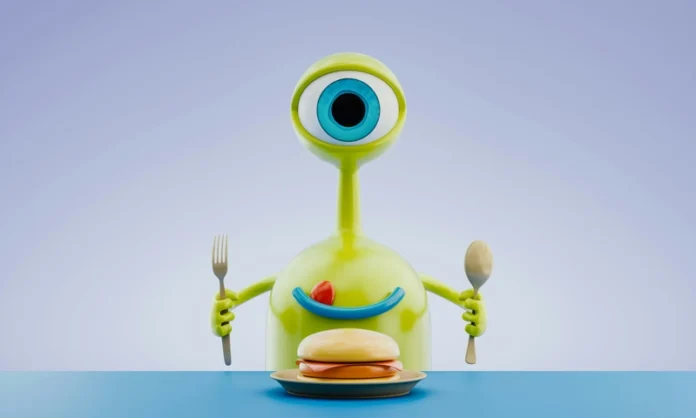The Rise of Robotics in Restaurants (19459000)
Since the COVID-19 Pandemic, the hospitality industry, and restaurants in particular, have been facing a labor shortage. Many restaurants are short of waiters, chefs, and washers due to the pandemic-induced closures and restrictions on in-person dining. Businesses have increasingly used automation and robotics in order to fill service gaps.
The shift to automation in the hospitality sector is not just a temporary measure to combat labor shortages. It represents a significant change in the way restaurants operate and serve customers. Richtech Robotics is a company that has pioneered this change, offering AI-powered robotics that can perform tasks traditionally performed by people. ADAM, the two-armed robot created by Richtech, is capable of performing as a Boba tea master, mixologist, or barista. ADAM, a two-armed robot equipped with machine vision and AI, can interact with customers to suggest drinks.
Matthew Casella is the president of Richtech Robotics and believes that the adoption of robotics allows humans to focus on improving the guest experience instead performing repetitive tasks. He continues, “Does a server need to go back and forth between the kitchen 20 times a meal when a robot can handle that? Not really. Instead, robots allow human servers to enhance the guest experience.”
The shift in focus is similar to a similar change in the medical field where AI diagnosis capabilities have outpaced human abilities, causing a shift in roles. As AI takes on technical tasks, such as surgical procedures, doctors can focus more attention on human-tohuman caregiving.
It seems that the future of hospitality is headed in a similar way. Casella says “The future server, waiter, waitress needn’t perform tedious drudgery like clearing tables and fetching waters. Robots can do these tasks, enabling humans to focus on the people connection.”
the ultimate goal of automation in hospitality is to enhance customer experience, not replace humans. Robots such as ADAM can assist restaurants, bars, hotels, and other hospitality businesses in delivering the value customers desire while relieving staff from mundane tasks. This shift could lead to a renaissance in true service where humans are given the time and opportunity to create unforgettable experiences.
In moving towards this future, we must remember that hospitality is about creating special experiences that make the customer feel cared for. In order to achieve this, businesses can introduce robots into the hospitality industry to provide the enhanced experiences customers desire. Casella explains that “Hospitality is built on special experiences, ones that make you feel well-taken care of. Automation is not about replacing humans in the service sector. It’s about providing a portfolio of robotics that allow businesses to deliver the value we humans crave.”
the rise of robotics within the hospitality sector signals an exciting shift towards enhanced customer experience. Integrating robots into hospitality can help humans focus on creating memorable experiences, elevating service to new levels.
Discover more at Forbes.





